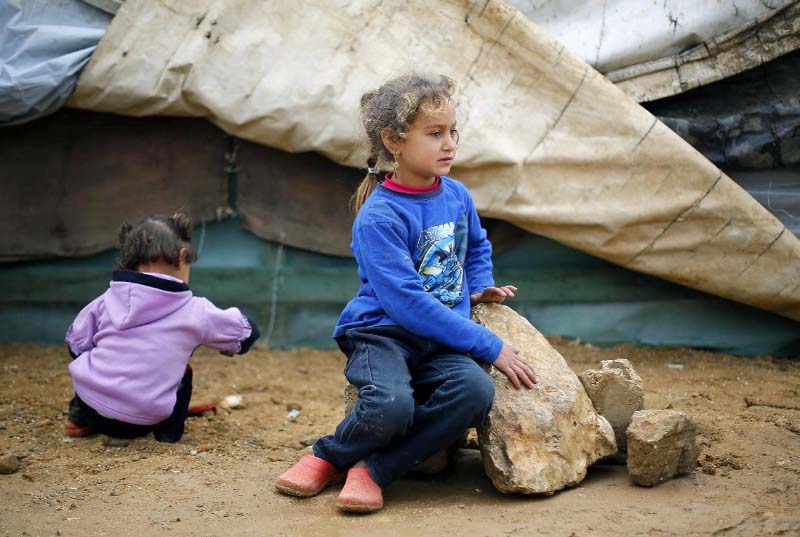
BBC Online :
The number of people forced to flee their homes because of war or persecution exceeded 50 million in 2013, the first time since World War Two, the UN refugee agency says.
The overall figure of 51.2 million is six million higher than the year before, a report by the UNHCR says.
Antonio Guterres, head of the UNHCR, told the BBC the rise was a “dramatic challenge” for aid organisations.
Conflicts in Syria, central Africa and South Sudan fuelled the sharp increase.
“Conflicts are multiplying, more and more,” Mr Guterres said. “And at the same time old conflicts seem never to die.”
Of particular concern are the estimated 6.3 million people who have been refugees for years, sometimes even decades.
People living in what the UN terms “protracted” refugee situations include more than 2.5 million Afghans. Afghanistan still accounts for the world’s largest number of refugees, and neighbouring Pakistan is host to more refugees than any other country, with an estimated 1.6 million.
Around the world, thousands of refugees from almost forgotten crises have spent the best part of their lives in camps. Along Thailand’s border with Burma, 120,000 people from Burma’s Karen minority have lived in refugee camps for more than 20 years.
Refugees should not be forcibly returned, the UN says, and should not go back unless it is safe to do so, and they have homes to return to. For many – among them the more than 300,000 mainly Somali refugees in Kenya’s Dadaab camp – that is a very distant prospect.
Some camps, the UN refugee agency admits, have become virtually permanent, with their own schools, hospitals, and businesses. But they are not, and can never be, home.
But the world’s refugees are far outnumbered by the internally displaced (IDP) – people who have been forced to flee their homes, but remain inside their own countries.

